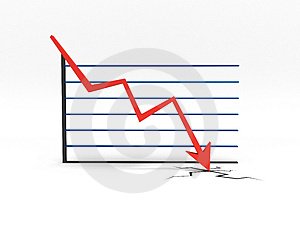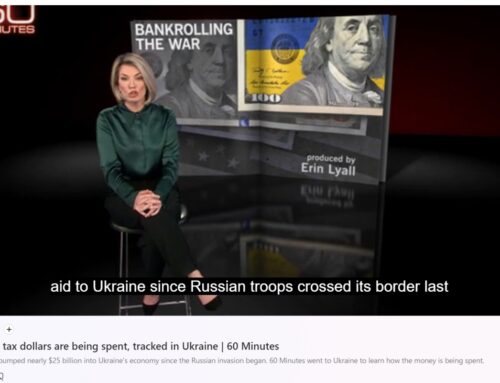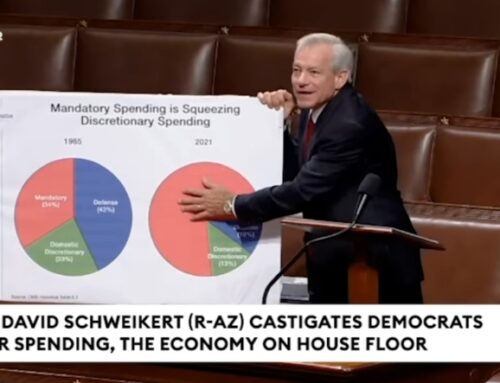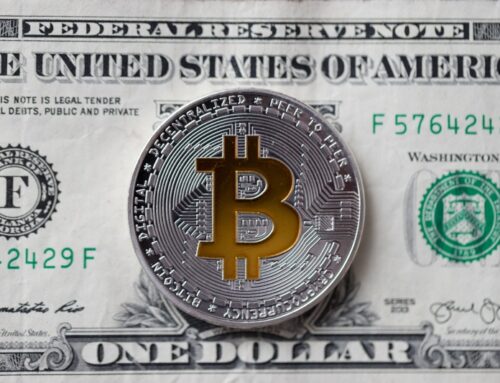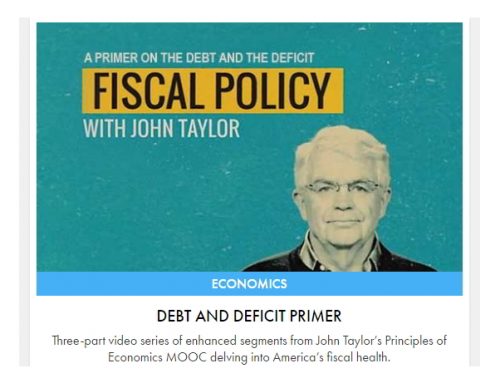What happens when the central bank spews forth vast sums of brand new money? Just what they wanted: prices start to rise. The problem is, there’s no way for them to precisely guide where the new money goes, so prices for everything start to rise. Everything, of course, includes food and energy.
Now, it is very well understood among economists that the great mass of the world’s people spend most of their lives trying to stay alive, and most of their incomes on…food and energy. The poorer you are, the larger the percent of your income you have to spend just to eat and stay warm. If you’re already just barely surviving, after a little bit of food inflation you and your family start to starve. What happens next?
North Africa starts burning, that’s what. Then, owing to the oil producing capacity of the region and the nearby Middle East, oil prices start to rise still more, but now on security fears. Libya, for example, exports about 1.6 million barrels of oil per day. Nomura Securities recently estimated that loss of Libyan and Algerian crude could cause oil to go to $220 per barrel. Note: oil just crossed $100 per barrel this morning. Think $220 oil would “leave a mark”? Probably.
Some blame high food prices of crop harvest issues, bad weather, etc. Those excuses are always trotted out as cover. According to Nouriel Roubini, “The weather is the last refuge of scoundrels.”
Now the fun speculation part: is this being done deliberately? Some think so. Who benefits from chaos? Watch this speech by Edwin Vieira from January 2010:
GATA Washington Conference – Speech by Edwin Vieira from Chris Powell on Vimeo.
A final note about silver (props to Jesse’s Cafe):
So don’t delay, act now, supplies are running out
Allow, if you’re still alive, six to eight years to arrive
And if you follow, there may be a tomorrow
But if the offer is shun you might as well be walkin’ on the sun

